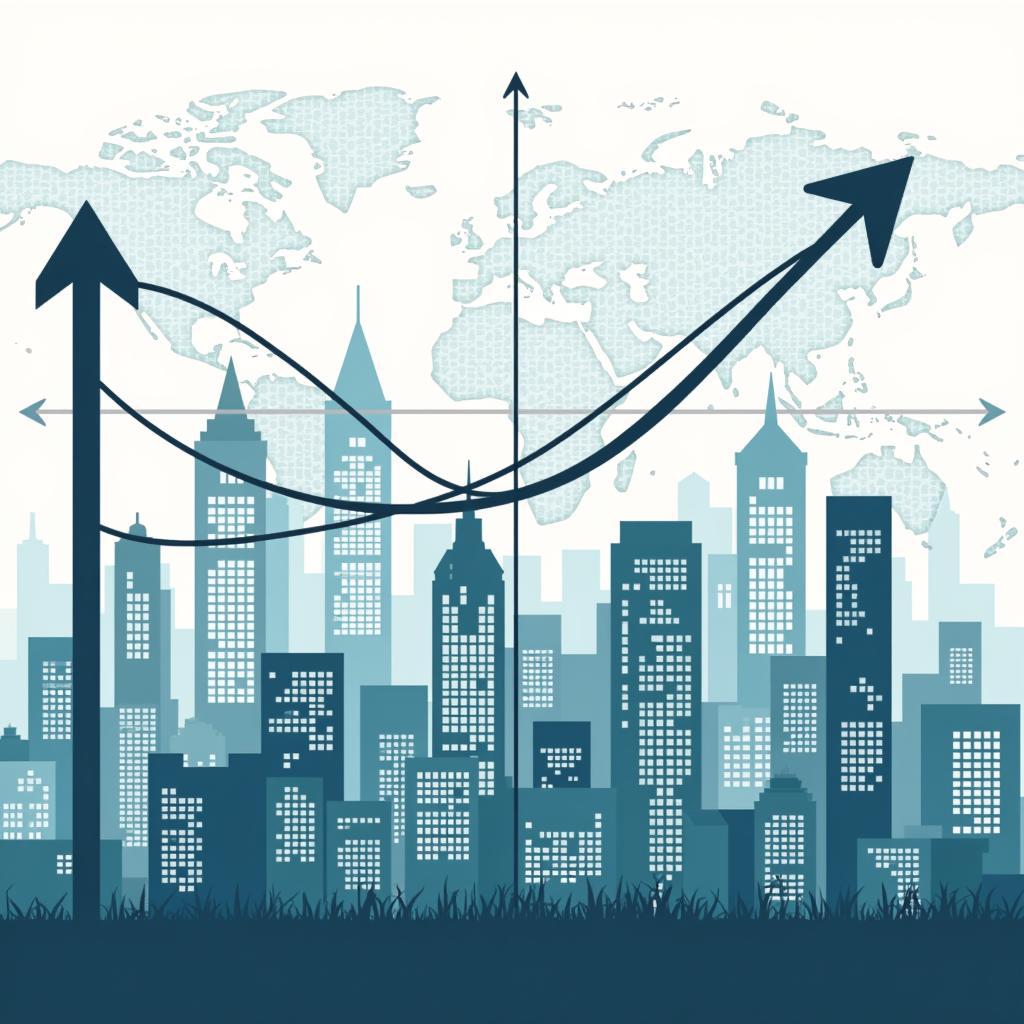Economists And Societies are inextricably linked, influencing and shaping each other in profound ways. The study of economics itself is rooted in understanding how societies allocate scarce resources to meet their needs and wants. From micro-level decisions about household budgets to macro-level policies governing international trade, the interplay between economic principles and societal structures is constant and evolving.
How Economists Study Societies
Economists utilize a variety of methods to study societies, often employing statistical analysis, mathematical modeling, and behavioral experiments. They analyze data on everything from production and consumption patterns to employment rates and income distribution. These analyses inform the development of economic theories and models that aim to explain how societies function and how they can be improved. One crucial aspect of this study is understanding the social impact of economic policies. For instance, how does a change in interest rates affect savings behavior, or what are the distributional consequences of a new tax policy? These questions lie at the heart of the relationship between economists and societies.
Furthermore, understanding social values and cultural norms is critical for economists. These factors can significantly influence economic behavior and outcomes. For example, societies with a strong emphasis on collectivism may approach economic decision-making differently than those with a more individualistic orientation. This highlights the importance of considering social context when formulating and implementing economic policies.
One area where this relationship is particularly evident is in the study of economic development. Economists working in this field investigate the factors that contribute to economic growth and prosperity in different societies. They analyze the role of institutions, technology, education, and social capital in shaping economic outcomes. By understanding these factors, economists can offer insights into how societies can achieve sustainable development and improve the well-being of their citizens.
The Impact of Economic Theories on Societies
Economic theories, while often abstract, can have very real and tangible impacts on societies. Theories about free markets, for example, have influenced government policies towards deregulation and privatization in many countries. Keynesian economics, on the other hand, has provided the intellectual framework for government intervention during economic downturns. These examples illustrate how economic thinking can shape the very fabric of societies, influencing everything from social welfare programs to international trade agreements.
 Economic Theories Shaping Society
Economic Theories Shaping Society
Moreover, economic theories can also shape social attitudes and beliefs. The concept of the “invisible hand,” for example, can promote a belief in the efficiency of free markets. Similarly, theories about the benefits of globalization can influence public opinion on international trade and immigration. This underscores the importance of critical engagement with economic ideas and their potential consequences for societies. You might want to read more about the leisure society.
Challenges and Opportunities
The relationship between economists and societies is not without its challenges. One key challenge is bridging the gap between theory and practice. Economic models, while useful for understanding general trends, often simplify complex social realities. It’s essential for economists to acknowledge the limitations of their models and to engage with the complexities of the real world. Another challenge is ensuring that economic policies are equitable and benefit all members of society. Economic inequality is a pressing issue in many countries, and economists have a vital role to play in developing policies that promote inclusive growth and reduce disparities.
However, there are also tremendous opportunities for economists to contribute positively to societies. By working closely with policymakers, businesses, and civil society organizations, economists can help to create more just and sustainable economic systems. They can provide valuable insights into how to address pressing social problems, such as poverty, climate change, and healthcare access. For students interested in this field, exploring IB Environmental Systems and Societies can be a great starting point. Furthermore, understanding the intricate dynamics between consumption and societal well-being, particularly regarding substances like alcohol, requires dedicated research from institutions like the Research Society on Alcohol.
 Economists Collaborating for Societal Benefit
Economists Collaborating for Societal Benefit
Conclusion
Economists and societies are engaged in a continuous dialogue, influencing and shaping each other in profound ways. By understanding the complexities of this relationship, we can work towards creating more equitable, sustainable, and prosperous societies for all. If you’re looking for a quick refresher on the basics of economics and how it relates to society, you might find Economics is the study of how a society quizlet helpful. The study of economics and its application within societies offers a pathway to understanding and addressing some of the most pressing challenges of our time.
FAQ
- What is the role of economists in society?
- How do economic policies impact different social groups?
- What are the ethical considerations for economists?
- How can economics contribute to solving social problems?
- What are the limitations of economic models?
- How can societies promote economic justice and equality?
- What is the future of the relationship between economists and societies?
For further assistance, please contact Phone Number: 02043854663, Email: [email protected] or visit us at Address: Khu 34, Bac Giang, 260000, Vietnam. We have a 24/7 customer service team.